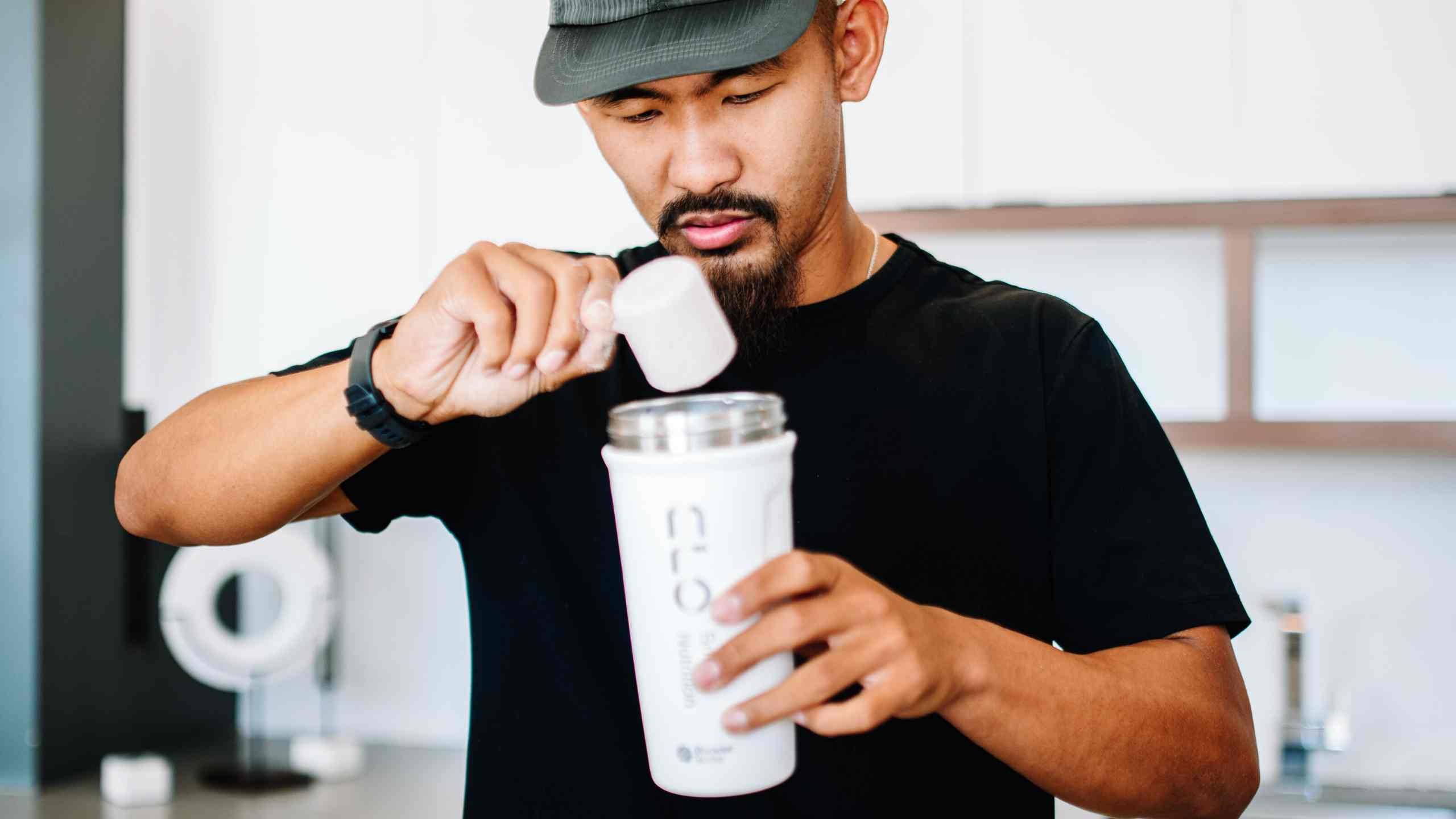In the realm of athletic achievement, the significance of training and exercise cannot be overstated. Whether you're an elite athlete or a weekend warrior, pushing your physical limits is crucial for growth and success. However, amidst the sweat, tears, and perseverance, two often-underestimated factors can profoundly impact performance: nutrition and recovery.
Experts argue that the recovery period between your workouts is just as important as the activity itself since what you do (or don’t do) after exercise can profoundly impact muscle soreness, inflammation, and hydration levels. So, what are some ways you can enhance recovery through nutrition?
Before we dive into some drink, meal, and snack ideas, let’s turn to science to better understand the importance of recovery and how nutrition plays a role.

Why is recovery important after exercise?
When you exercise, it puts a tremendous amount of stress on your body, which can damage your muscle tissues and deplete your glycogen (energy) stores.
This is why it’s essential to have adequate rest built into your training schedule – it allows your muscles time to repair, rebuild and strengthen so you can continue to improve performance without injuring yourself. While you can plan your rest days to work with your schedule, studies suggest that the optimal rest time is 48-72 hours for the muscles that were worked [1].
If you don’t allow yourself to recover, you run the risk of overdoing it. Studies show that not resting properly and not taking enough recovery days can lead to overtraining syndrome, which may contribute to burnout, impaired mood, low self-esteem, loss of confidence, depression, low motivation, anger, and disordered eating [2].
Unfortunately, estimates suggest overtraining affects roughly 60% of elite athletes and 30% of non-elite endurance athletes [3]. If you feel this condition is affecting you, here are some science-backed tips to help you recover from overtraining.
Importance of post-workout nutrition
Proper nutrition is the cornerstone of any effective training program, as it fuels the body, replenishes depleted resources, and aids in the repair and growth of muscle tissue. Here’s what science has to say about how nutrition can further optimize recovery.
Timing matters.
Research shows the optimal time to start replenishing fuel and fluid is 15-60 minutes after you finish exercising, since delaying carbohydrate ingestion by as little as two hours can reduce the rate of muscle glycogen synthesis by 50% [4,5].
Carbs are your friend.
Carbohydrates replenish depleted muscle and liver glycogen stores. For intense, high-volume training (3-6 hours/day, 5-6 days/week), experts recommend getting 1.2 g/kg/hr for the 4-6 hours into recovery [4,6].
Prioritize protein.
Dietary protein jumpstarts muscle protein synthesis (MPS). Interestingly, research shows that post-workout protein intake (20-40 g) within two hours of finishing a workout stimulates robust increases in MPS that can benefit both recovery and future performance [4].
Pair carbs and protein in a 3:1 ratio.
Getting enough carbs and protein is a top priority, but evidence suggests pairing carbs and protein in a 3:1 to 4:1 ratio may further enhance protein synthesis [4]. Note: the meal and snack ideas below all feature a combination of carbs and protein.

How Elo Smart Protein can help you recover faster
Research indicates that a post workout recovery supplement like protein powder can boost physical performance and recovery and increase lean body mass, muscle hypertrophy, and strength [7].
Personalized protein supplements, like Elo Smart Protein, can be a convenient and cost-efficient way to boost protein intake after exercise to deliver the perfect amount of nutrients to help you recover post workout.
Unlike other custom protein products, Elo Smart Protein uses your goals, health history, workout data, and dietary preferences to craft the right protein blend for you and provide specific protein dosing recommendations after every workout. Elo Smart Protein is also backed by the latest science to help you recover faster and get the most out of every scoop. Try it out for yourself today!

Post workout drink ideas
Protein shake made with your recommended serving size of Elo Smart Protein and water or high protein milk of choice.
Chocolate milk
Water with electrolytes (such as salt water or Gatorade)
Orange juice
Coconut water
Post workout snack options
Cottage cheese and fresh berries
Crackers and canned tuna
Hard-boiled eggs with a slice of whole-grain bread
Turkey slices with cheese and apples
Rice crackers and peanut butter
Post workout meals
Grilled chicken breast with roasted vegetables and quinoa
Salmon with rice and steamed broccoli
Whole grain wrap with turkey, avocado, and mixed greens
Quinoa bowl with chicken, sweet potatoes, berries, and pecans
Looking for more ideas? Check out this article for dietitian-approved high-protein meals and snacks.
Summary
Recovery is an essential part of a workout routine that allows your muscles time to repair, rebuild and strengthen so you can improve performance without injuring yourself. While you can recover with stretches, ice baths, and foam rollers, what you put in your body also plays a role in how fast you recover. Post-workout drinks, meals, and snacks such as protein shakes, cottage cheese and berries, whole grain turkey wraps, and chocolate milk all provide a combination of protein, carbohydrates, and other essential nutrients that can help boost recovery.
Disclaimer: The text, images, videos, and other media on this page are provided for informational purposes only and are not intended to treat, diagnose or replace personalized medical care.


Share:
The 7 best joint health supplements, according to science
Issue 55: 4 secrets to boost men's health